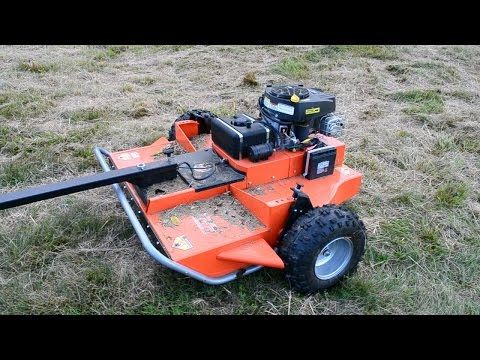A UTV or ATV mower can inject some fun into a chore that's more closely associated with drudgery. Whether you need to knock down a field full of waist high weeds or trim a manicured lawn, doing it with your favorite four wheeler will have you looking forward to it.
This guide will hopefully give you some info about the different types and styles of mowers for ATVs and UTVs. Let's take a look.
Rough cut mowers are for taller grass, brush, stalks, etc. Cosmetics aren't as important as the ability to knock the offending material down. Mowers for rough cutting tend to be heavier duty and have more power. There are several types so let's look at more details.
Tow behind flail mower in action.
Flail mowers are designed to handle thicker foliage and rougher terrain. They have multiple cutting blades mounted on a horizontal bar or roller. Centrifugal force from the rotating roller causes the blades to sling out and provide the cutting action.
This design allows for closer cutting to the ground with less risk of damage to the blades. Each individual blade has it's own pivot so that it can "kick back" if it strikes the ground or other obstacle.
Different style blades can be fitted for different cutting needs. Anything from heavier blades for rougher or thicker foliage, to blades that can give a near finish mower type cut.
Front Mount - Flail type ATV mowers can be front mounted for a pusher style. Many have options to connect to a front winch so they can be raised when needed.
Several front mounted flail mowers have an option to offset the mower so it sits outside the track width of the ATV. This allows for closer edge trimming but it can make the four wheeler harder to steer.
Other pros for the front mount is being able to see what you'll be cutting. You can also get a cleaner cut since the wheels of the ATV or UTV won't mash the grass or weeds down before being cut like they would with a pull behind style mower.
Cons for the front mount flail mowers are that they usually are narrower for better handling. Wider front mount mowers tend to adversely affect turning of the ATV.
Pull Behind Mount - The simplest and most popular way to use a flail mower. Most can be pulled directly behind the UTV or ATV with options to offset the mower to either side.
Pull behinds can be wider without causing handling problems. They are favored for larger foliage or vegetation that can leave larger and stiffer stalks. Those stalks can cause tire punctures if you run over them after cutting as would happen with a front mount mower.
Cutting blades on the flail type mower.
The shredder style ATV mowers are based on the flail mower. They're intended to have more of a mulching action. Many come with more and different style blades.
An extra stationary cutting bar can be added for more complete cutting. Most have some sort of flaps added to the deck to keep the cut material in the mower longer to promote more shredding action.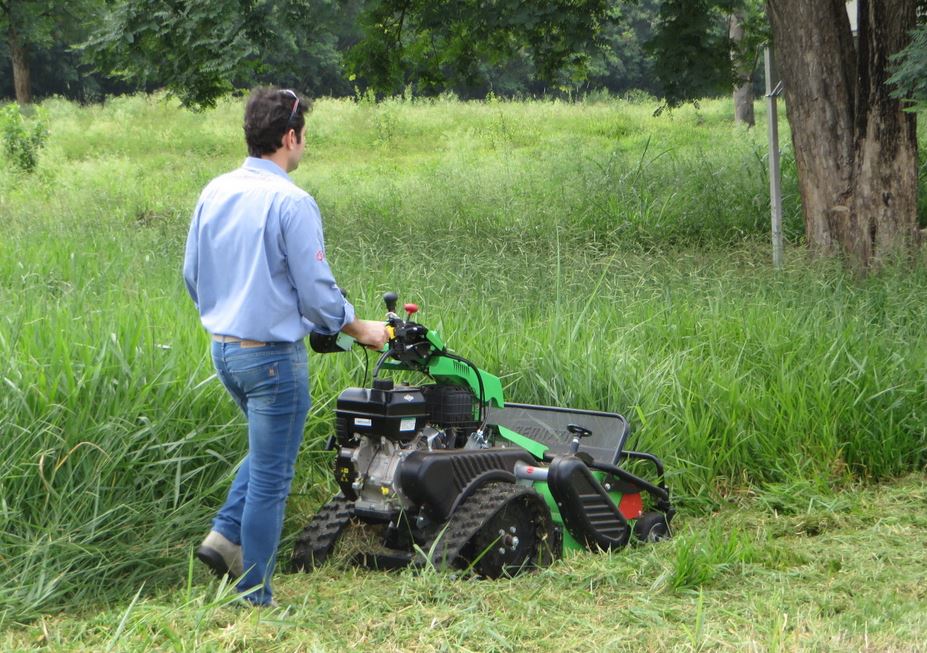
Like the flail mowers, they come in front and pull behind styles. The pull behind is by far the most popular for the shredder style.
Rough cut rotary mower at work.
The rotary style mowers are the more conventional type with deck mounted blades or blade that are mounted horizontally and rotate parallel to the ground.
Those designed for rough cutting tend to have heaver duty parts starting with the deck thickness, and continuing to the spindles that hold the blades, and the blades themselves.
Engines are usually more powerful to handle the increased load of cutting thicker and coarser material.
Rear mounted trimmer mower.
Trimmer mowers work on the same principle as lawn trimmers. Everything is just much heavier duty for the rough trimming they are expected to do.
Instead of a single piece of cutting line, the ATV trimmer mowers use larger cutting line with individual pieces that are inserted into the head of the trimmer.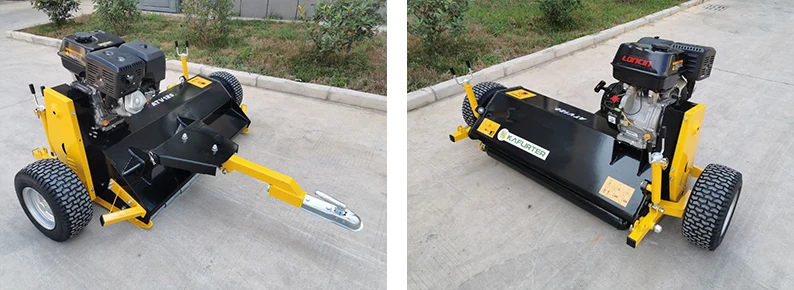
Most models are pull behind style with an offset to one side. They usually have a swinging action that allows them to contact objects like trees or posts and "kick back" to keep the trimmer close to the object.
Rotary finish mower with deck height adjustable anti-scalping caster wheels.
The rotary blade finish mower, or ATV lawn mower, is designed for more accurate cutting than the rough cut mower. The main difference are much finer adjustment methods to accurately maintain grass cutting heights.
Almost all finish ATV mowers are deck style pull behind with some sort of anti-scalping feature and deck height adjusters.
Reel type ATV mowers mounted in a gang style.
Reel mowers are based on the classic style manual mower. They use several horizontal curved blades mounted directly to the wheels to provide the rotating cutting action.
The reel mower is intended for fine grass trimming to produce a manicured look. They're the only type of mower that doesn't need an onboard engine.
Since reel mowers tend to be smaller, most rigs for ATVs will use several mowers gang mounted together for more coverage.
Flail type mower shown with an offset front mount.
Though not as popular as the pull behind models, front mount or pusher style mowers are offered by several manufacturers. Most have their own support frame that mounts to the ATV frame. The mower is then mounted to that support frame.
Flail style mowers are the most commonly seen front mount type. There are front mount deck type mowers, but their larger size has a few more disadvantages.
Pros -

Cons -
Pull behind mower with drawbar adjusted for side offset.
The pull behind style UTV and ATV mowers are basically what the name says. Most have a trailer type drawbar connected to the mower and a hitch that connects to the four wheeler.
Pros -
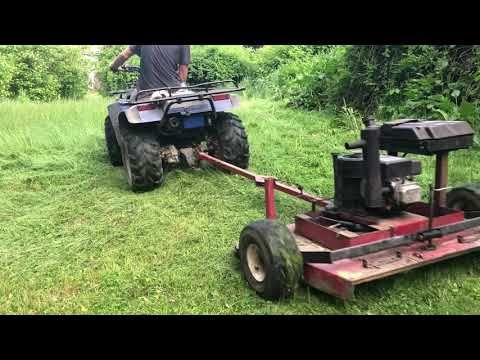
Cons -
Belly mount ATV mowers are the most compact systems.
The more traditional lawn tractor style belly mount is relatively rare for ATVs. Unlike the flail or deck type mowers that have their engines mounted directly on the mower, the belly mount requires a rear engine mount.
A separate support frame mounts the engine at the rear of the ATV and extends to the center of the machine to provide a mount for the mower deck.
Pros -
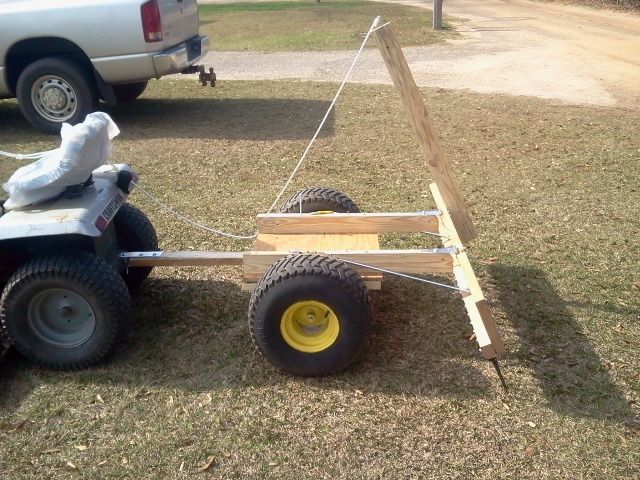
Cons -
Deck size - The deck width for most ATV mowers ranges from 40 to 66 inches. Width will vary with the number of blades and power of the engine.
Number of blades - The number of blades used usually depends on the width of the deck. Smaller deck widths many only use a single blade while the wider decks use up to 3 blades in either an offset or inline configuration.
Height adjustment - We're talking about mowing deck height here. Adjustment options include setting the height at the caster wheels, a manual screw jack that can set the deck height, and some larger models have an optional electrically operated linear actuator.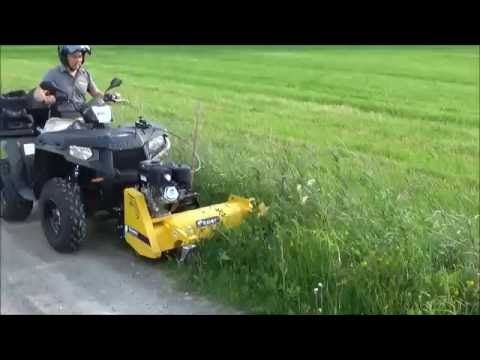
Offset blade configuration with heavy duty spindles and vertical deck supports.
Engine size - Engine size and power ratings normally range from smaller engines with around 19hp to the larger models with up to about 27hp. Finish mowers may use slightly less powerful engines since they generally cut lighter material.
Pull start - Traditional pull cord style starter. Comes standard on most of the smaller engines.
Electric start - Needed on larger engines which can be difficult to start manually. You may also just want an electric start for the extra convenience.
Drive engagement - There are three main types of drive engagement used on most UTV and ATV mowers. The type used depends somewhat on the size of the mower, engine power, and type of use.
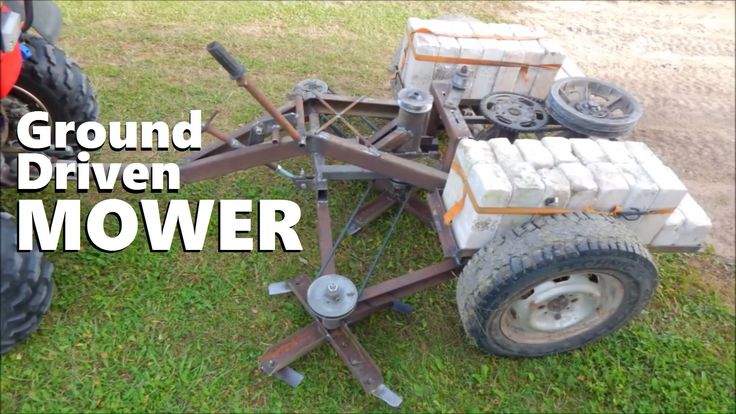
Manual lever drive engagement moves an idler pulley against the drive belt which turns the blade shaft on a flail mower.

Mower deck with anti-scalping caster wheels and center mounted rollers.
We hope our guide for the most popular UTV and ATV mowers was helpful. If you any questions or comments, let us know in the section below.
04-25-2015 #1
 ...
...
so I am building a pull behind mower for my four wheeler to basically use out in the woods for cutting trails and food plots, its coming along but am trying to figure out what I should use to be able to attach it to my four wheeler. Oh and its made from a 42" riding lawn mower deck and 19.5hp B&S engine
Lincoln Weld Pak HD
Reply With Quote
04-25-2015 #2
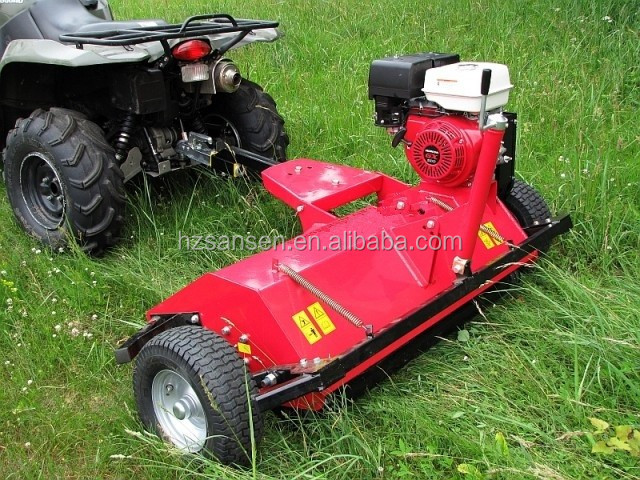 ...
...
I've thought about doing the same. I would make the hitch adjustable from side to side. I think it would be nice to have it stick out to the side past the atv to mow fence lines and ditches. Please keep progress posted. It would also be nice to put behind a riding mower and take a bigger swath and cut down on mowing time.
Reply With Quote
04-25-2015 #3
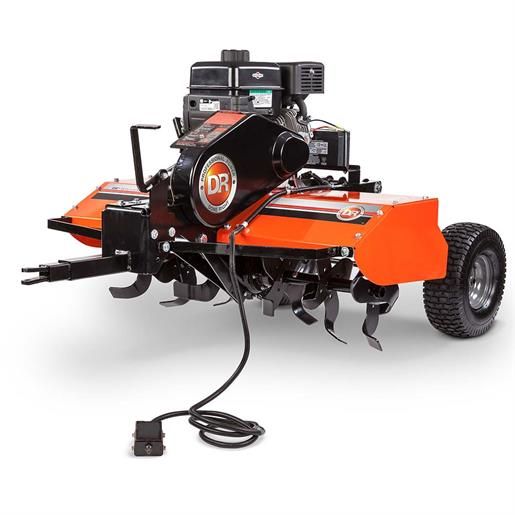 ...
...
you should build a frame around the deck to stiffen it up and mount all your wheels from, the rear wheels will ripe off the deck the way you have them mounted...if you make the frame and weld it to the deck..the frame is holding the deck, not the deck holding your wheels and motor and you can then build an arm forward to connect to your 4 wheeler...
Last edited by roadkillbobb; 04-25-2015 at 11:18 AM.
Of all the things I lost I miss my mind the most...
I know just enough about everything to be dangerous......
You cant cure stupid..only kill it...
Reply With Quote
04-25-2015 #4
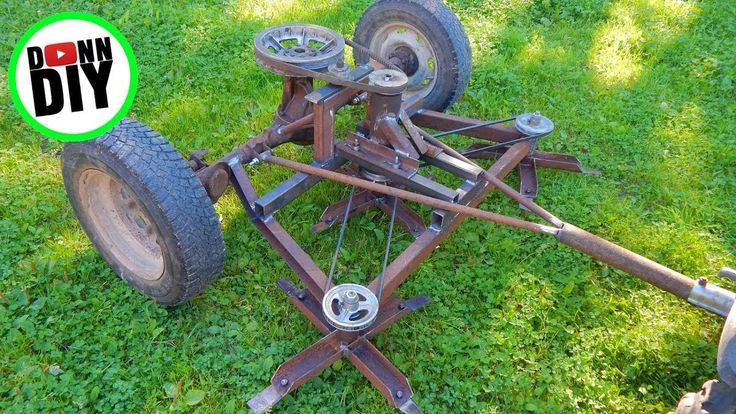 ...
...
I've seen a few commercially built ones and they are all designed with a frame works that the wheels, hitch, and motor are attatched to and the mower hangs from that. I think you will be taxing the strenth of the deck to carry each of those individually since it wasn't designed to. Good luck on your build tho!
Yeah, I know, but it'll be ok!
Lincoln Square wave 255
Miller Vintage mig
30a spoolgun
Thermal Dynamics Pacmaster 100xl plasma
Smith mc torch
Ellis 1600 band saw
Reply With Quote
04-25-2015 #5
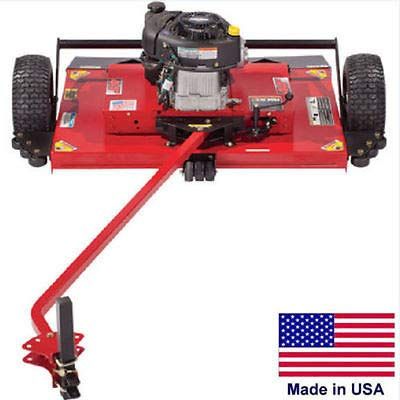 ...
...
I've thought about doing that and still might. The wheel mounts aren't done I just wanted to have the deck in a position to be able to build the frame for the engine. not sure if I will continue the way I am going and add supports from the deck to the wheel mounts or just build the frame as you have suggested. My key was keeping cost down as I have everything I need to complete it besides the hitch but with material cost now I am under 50$.
Lincoln Weld Pak HD
Reply With Quote
04-25-2015 #6
 ...
...
I know the deck wasn't made to support all that weight but, to hang under a tractor, which I guess I should have thought about before starting. oops! But how now could I build the frame with the wheels intact the way they are or would I need to scrape that entirely?
Lincoln Weld Pak HD
Reply With Quote
04-25-2015 #7
 ...
...
just cut the wheel mounts off and leave the welded metal to the mower deck, and make a rectangle to fit on the deck and weld it to the deck, just put spacers where it doesnt touch and make as level as possible, then from the new frame just weld some angle supports the the pieces that will hold the engine, leave those welded and just reinforce to the new frame, use bed frames if you want or any free scrap metal, its not a high saftey factor if something cracks or breaks....also weld a brace that connects the 2 wheels as close to there center for extra support to keep them straight or that thing is gona wonder all over the place, if it was a 3 point hitch setup for a tractor then the rear wheels could turn freely and stay straight..
Last edited by roadkillbobb; 04-25-2015 at 02:17 PM.
Of all the things I lost I miss my mind the most...
I know just enough about everything to be dangerous......
You cant cure stupid..only kill it...
Reply With Quote
04-25-2015 #8
Swisher makes a pull behind model. Check their design.
Reply With Quote
04-25-2015 #9
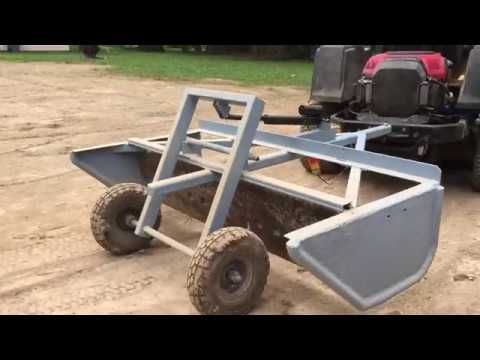 ...
...
You will get a better mow quality if it hangs below a framework similar to how the complete mow was built. If you are going to use more like a brush hog, quality might not matter. You could section the mower frame to get the proper mounting points.
Millermatic 200
Hobart Handler 120
Victor O/A & Ramco Bandsaw
Lincoln 225 AC
SnapOn AD Hood
Miller XMT304/22A
Hypertherm Powermax 1650 G3
Lincoln Idealarc DC600 w/Extreme 12 VS
Miller Digital Elite "Joker"
Reply With Quote
04-26-2015 #10
 ...
...
Originally Posted by JrII
I know the deck wasn't made to support all that weight but, to hang under a tractor, which I guess I should have thought about before starting. oops! But how now could I build the frame with the wheels intact the way they are or would I need to scrape that entirely?
Scrap that idea entirely. Remove what you have for wheel mounts and engine mounts. Build a totally separate frame from the wheels to the ATV. Make the engine support and frame to bolt to the deck, that way you can unbolt the deck from everything if you need to work on it separately or replace the deck if necessary. Also it would be a good idea to suspend the deck under the frame on metal straps like it originally was on the lawn tractor so it can ride up over any uneven ground without lifting the wheels off the ground dragging only on the mower deck. This will also allow you to make the deck somewhat height adjustable too, you may not see a need for it right now, but may prove beneficial in the future.
The idea to make the tongue able to offset to either side(or just one side) will come in handy too. If you have a riding mower, it could be used behind that to decrease your mowing time. If mowing in high grass then you could set it to cut directly behind the mower with the mower deck raised completely up and this one set lower to cut the tall stuff in one pass down to desired height(if the deck is made height adjustable).
Reply With Quote
04-26-2015 #11
 ...
...
I like where this is going so far.
Miller thunderbolt 250
Decastar 135E
Recovering tool-o-holic
ESAB OA
I have been interested or involved in Electrical, Fire Alarm, Auto, Marine, Welding, Electronics ETC to name a just a few. So YES you can own too many tools.
Reply With Quote
04-27-2015 #12
 ...
...
bistineau after thinking about that I don't know how that could really work because of the fact that if the engine is stationary on the new frame and the deck itself would be adjustable up and down the v belt that I am going to use to run the blades wouldn't work at such and angle but would completely annihilate the belt. which was the reasoning among many other issues that I tore all of this off of the tractor in the first place. I don't know what I am going to do yet, I was think of adding supports up from the wheel mounts I have now to the engine mount to relive the stress of the weight of the engine from the weld on the deck. Two points of contact is better than one sort of theory. Well see...
Lincoln Weld Pak HD
Reply With Quote
04-27-2015 #13
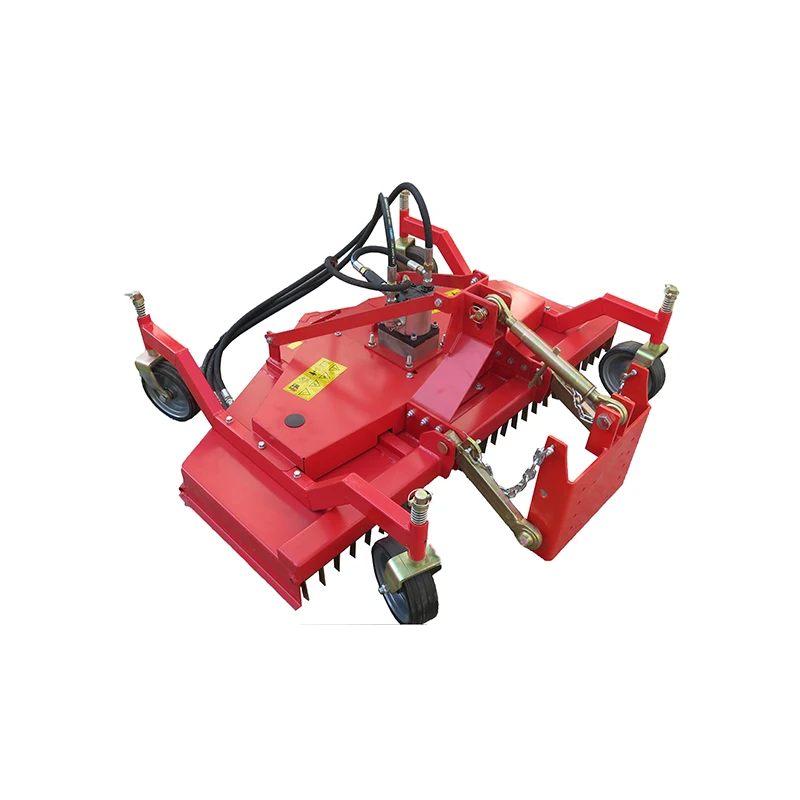 ...
...
Here is a diagram of my finish mower that pulls behind my tractor on three point hitch. Height is adjustable by spacers on the wheel forks. You could also use a smaller engine since you won't need the extra power to drive the lawn tractor.
Craftsman 230/140 AC/DC Miller HF-251D-1
Millermatic 130 Linclon 40 amp plasma cutter
Hypertherm Max 20 O/A cutting and welding stuff
5HP Ingersoll air compressor
Reply With Quote
04-27-2015 #14
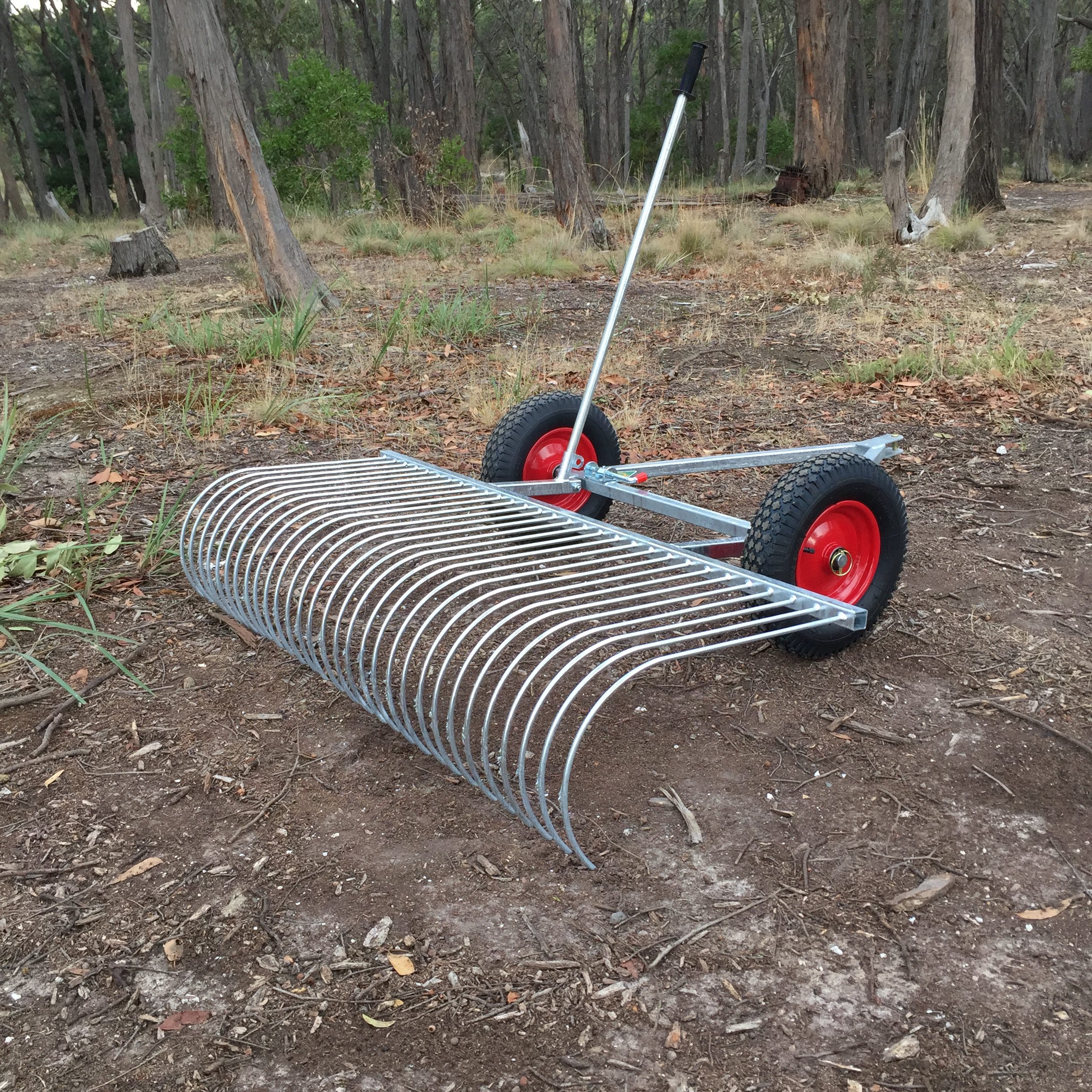 ...
...
Originally Posted by JrII
bistineau after thinking about that I don't know how that could really work because of the fact that if the engine is stationary on the new frame and the deck itself would be adjustable up and down the v belt that I am going to use to run the blades wouldn't work at such and angle but would completely annihilate the belt.
That is a Craftsman mower deck, I have one similar. The original drive pulley is mounted forward of the deck pulleys to allow belt movement up and down as the deck is height adjusted, as most riding mowers of this type are. If the engine were mounted further to the rear, like between the wheels, the belt could function in the same manner. You just need to figure out where this position needs to be in relation to all the pulleys to make it work. The deck is just press formed sheet metal and not intended to have much strutural strength. Mounting the weight of the engine to it, and with the vibrations and bouncing from traveling and mowing, you are going to experience cracking of the deck fairly frequently, requiring regular repairs to keep it working.So making a frame for the wheels and engine to ride on while carrying the deck suspended underneath is going to be the way to go to make this thing more trouble free for a longer time. Even if you make it so the deck is not height adjustable, it still needs to be suspended under the frame rather than rigidly mounted to the frame, so it has some give to it should it get drug over the ground. This way you won't have the weight of the frame, engine and wheels pressing the deck into the ground when you run over any high spots while mowing. Being as you are planning on pulling it with an ATV, I suspect it will be getting used on some rough/uneven terrain, and will need some built in "Give" to it to make it last in those conditions.
Reply With Quote
04-27-2015 #15
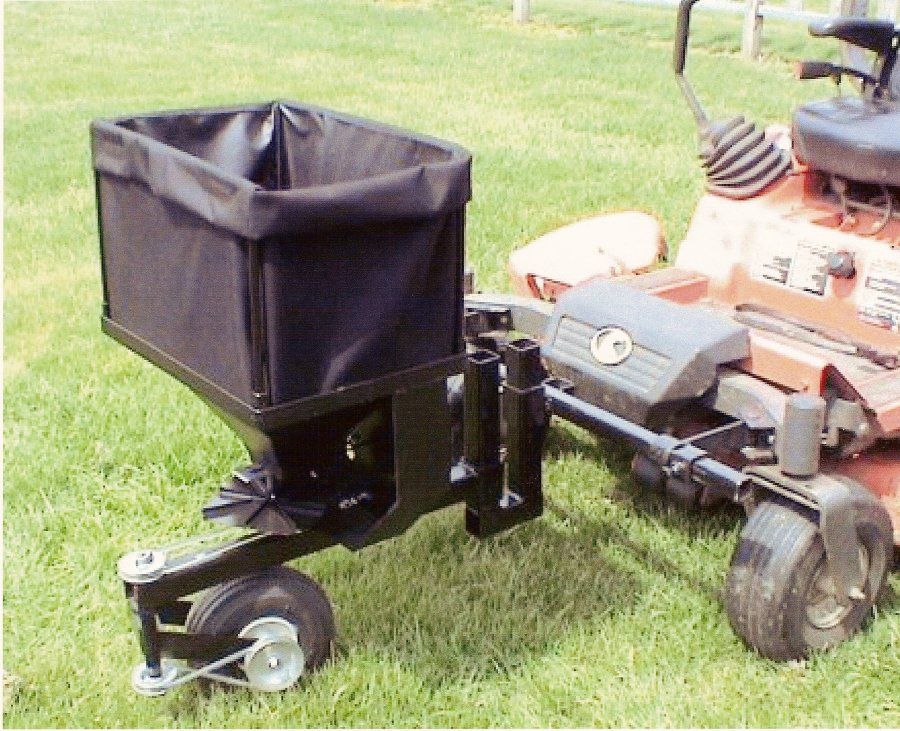 ...
...
Just "KISS" keep it simple stupid...weld everything solid on the deck with reinforcements and cut your trails, if you want a manicured lawn buy a new lawn tractor..done and use it....
Of all the things I lost I miss my mind the most...
I know just enough about everything to be dangerous......
You cant cure stupid..only kill it...
Reply With Quote
04-28-2015 #16
 ...
...
I agree roadkillbob about just using it. kiss method is the only way to go and really I should have built the frame separate from the deck as stated but well see how it goes worst comes to worse I can just build another one. around here junk mowers are everywhere.
Lincoln Weld Pak HD
Reply With Quote
04-28-2015 #17
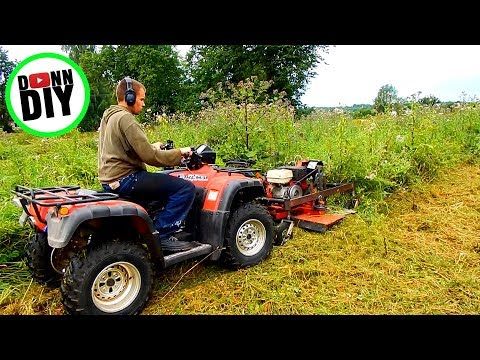 ...
...
Originally Posted by roadkillbobb
Just "KISS" keep it simple stupid...weld everything solid on the deck with reinforcements and cut your trails, if you want a manicured lawn buy a new lawn tractor..done and use it....
...but, do it right, do it once. A frame might be a little more work now, but it will save work later.
Reply With Quote
04-28-2015 #18
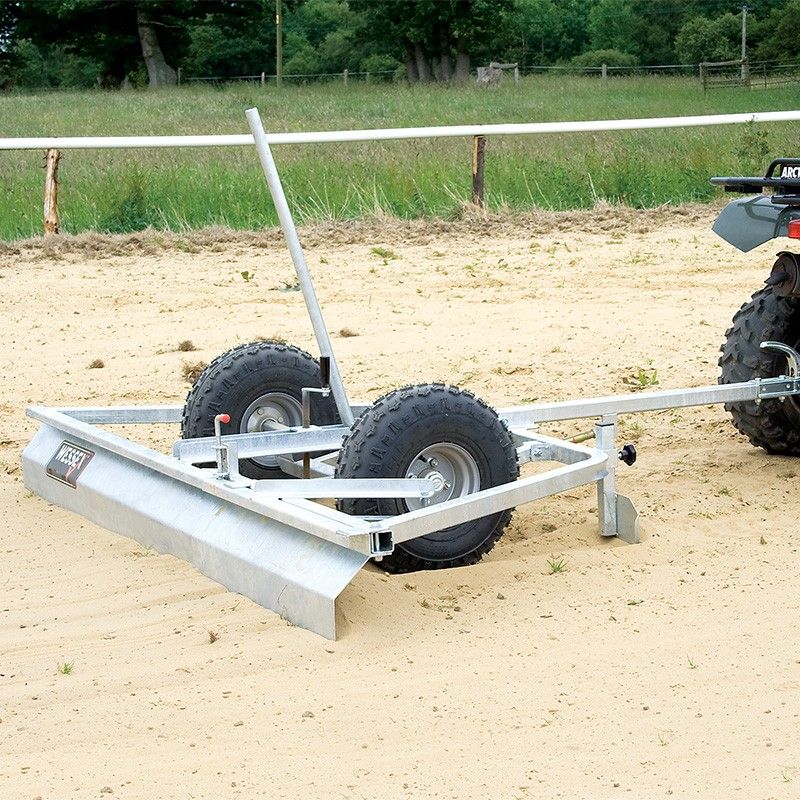 ...
...
Originally Posted by JrII
I agree roadkillbob about just using it. kiss method is the only way to go and really I should have built the frame separate from the deck as stated but well see how it goes worst comes to worse I can just build another one. around here junk mowers are everywhere.
just weld the frame to what you have to strengthen it up and use it..if it breaks you can fix the weak spot...you dont want to spend more time engineering something than using it( for this case of a trail mower if a project that needs saftey issues addressed then thats different)..you can always build a second one when the budget permits...and tweak what doesnt work on this one... Im more utilitarian when it comes to building projects I need to get work or play done, all the fancy adjustments arent needed in some cases...the deer dont care what cuts there food plots..lol..if you plant brassicas they dont need any mowing..the deer will browse them plenty
Of all the things I lost I miss my mind the most...
I know just enough about everything to be dangerous......
You cant cure stupid..only kill it...
Reply With Quote
04-28-2015 #19
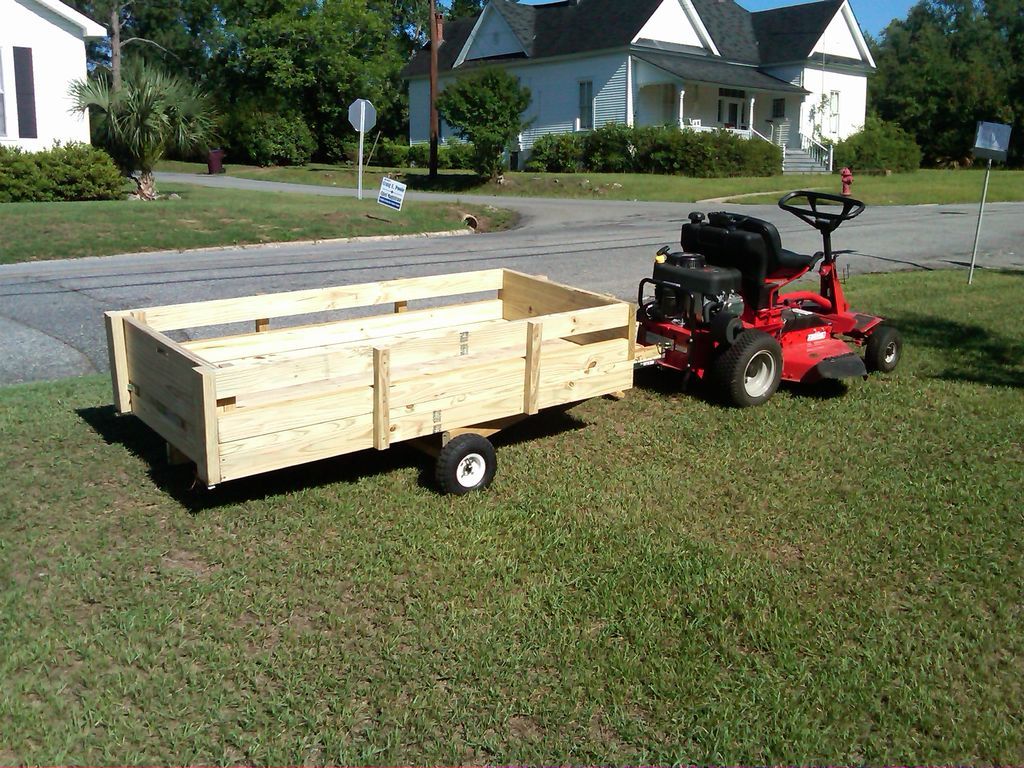 ...
...
Originally Posted by happymachinist
...but, do it right, do it once. A frame might be a little more work now, but it will save work later.
That was pretty much the point I was trying to make earlier, but I guess it fell on deaf ears. He will be back later reworking it, when it starts breaking with hard use. But Oh Well.Here is a good example of what you need to be shooting for. This on is built RIGHT.
http://weldingweb.com/vbb/showthread.php...l+behind+mower
Last edited by Bistineau; 04-28-2015 at 10:35 AM.
Reply With Quote
04-29-2015 #20
 ...
...
no it didn't fall on deaf ears it just was too late to turn back and the major point of it being is that the cut isn't going to matter its not a finish mower its not being used in my yard it'll rarely be used at all it was something to do with scrap junk laying around that looked like it needed to be turned into something I could use that's all for the heck of it
Lincoln Weld Pak HD
Reply With Quote
04-29-2015 #21
 ...
...
I like light weight so it's easy to pull. Especially on hills.Attached Images
Casters seem to be a problem. My spindle mod works and is holding up.
Anti scalp wheels are important. Mine don't scalp because they will hold it up on uneven ground I've found. I put them about 1/2" high.
I always mow at 2 1/2" so I don't need an adjustable deck. But you might. (?) That will probably add some weight.
I like solid tires. Besides maintaining the cut height you don't have flats. Haha
I like the blade rear about 1/4" to 3/8" higher then the front edge. That seems to cut good. A flat blade doesn't cut very good imo.Here's my scalp wheels pic. 4 wheels about 1/2" high.
good luck
Slowhand
Last edited by slowhand; 04-29-2015 at 12:01 PM.
Reply With Quote
04-30-2015 #22
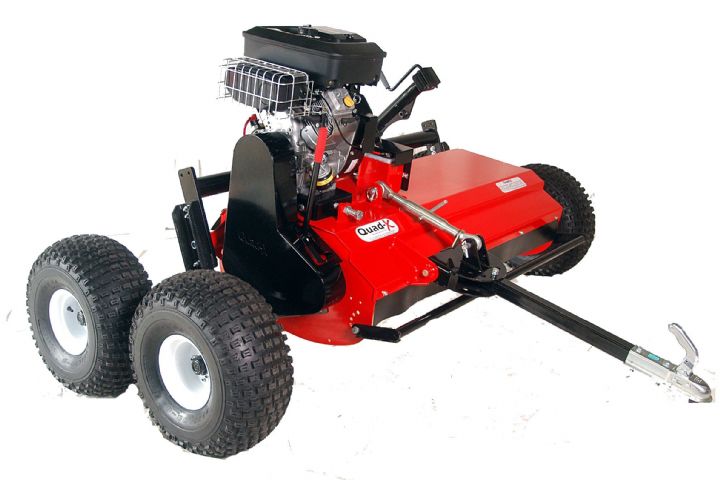 ...
...
yea slowhand I was looking into a spindle mod is that in your build post? and I can imagine casters not working to well especially in high grass or whatever but, how did you mod the blades? just heat or what? and I looked at your build post for how you have the hitch coming off of the front wheels have you changed that? it looks now in your picture that you have a 3pt hitch? any way I am still trying to figure out how to build that or what I should actually use I don't think I want to use front wheels so maybe something solid mounted?
Lincoln Weld Pak HD
Reply With Quote
04-30-2015 #23
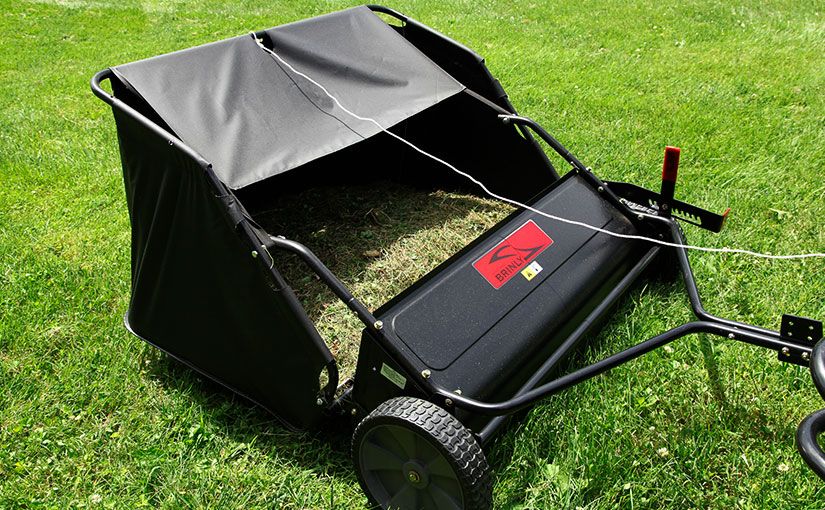 ...
...
My pull hitch comes off the right front wheel mount because I pull it behind my lawn mower and that offsets it to my left side. Behind your 4wheeler you wouldn't need the offset, so a typical center hitch setup would work.My blades are stock. (safety first man)
I wanted mine built light. Its holding up so far. I had caster bearing issues. Probably weight related. The spindles can do the weight easy I'd say.
I'd say check out sone pull behinds then build one like you think you want. I like having one.
Good kuck
Slowhand
Reply With Quote
05-17-2015 #24
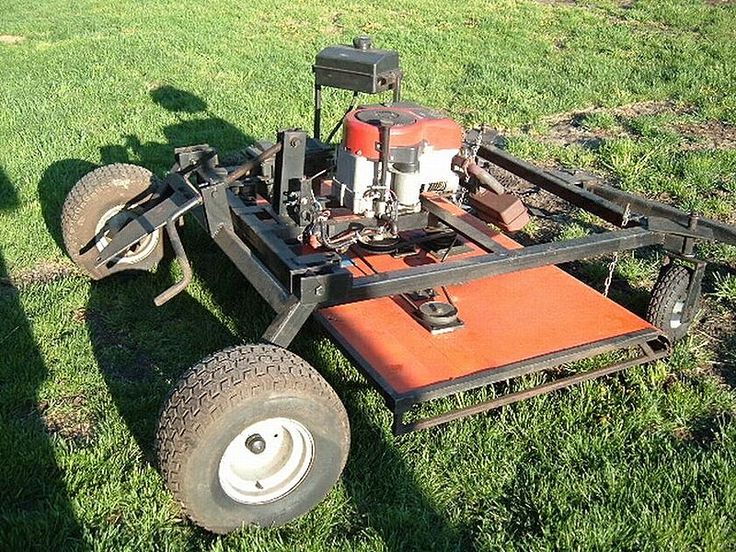 ...
...
My old man's(I've) built at least half a dozen of those using the decks and engines out of junk riding mowers. We've never had one break up due to the weight of the motor.He mows 5-7 acres every week. In the open areas he pulls two with his rider so he's taking approximately a 12ft cut.
Reply With Quote
05-17-2015 #25
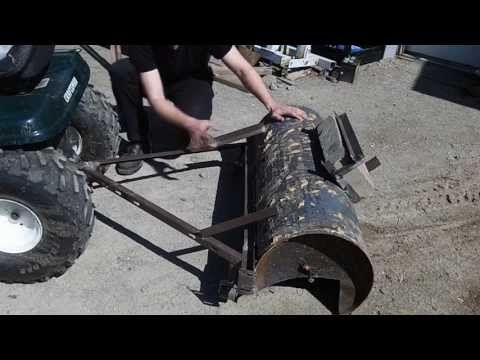 ...
...
I figured it would hold up at least for a while. glad to know someone else built on out of junk too haha. Should be posting more pics soon haven't had a chance to work on it in a while
Reply With Quote
« Previous Thread | Next Thread »
AT-120
Price: 127 000 ₽
for 1 x 100 g
Trailed mower with an autonomous drive with a flail cutting body. Model AT-12.
Details on the Supplier's website
Introducing the trailed rotary mower. AT-120 aggregated with atv ATV and mini-tractors.
Mower AT-120 belongs to the class of hammer (flail) mowers. Its cutting body is clearly visible in the photo - it is a shaft with movable Y-shaped cutters made of hardened steel , as a result, such a mower can cut and chop not only tall grass, but also weeds and undergrowth (up to 20 mm)
Vegetation is cut and immediately shredded into small pieces, it does not need to be removed, it turns into a natural mulch and becomes a fertilizer
The trailed mower engine has an electric start (electric starter).
Grass cutting height adjustable by side and rear wheels.
Robust steel construction ensures the strength and reliability of the mower, a special roller (shaft) in front of the working cutting element protects it from damage.
Trailed grass mower can work in various conditions - these are parks, and green urban plantings and gardens, nurseries.
Features
Width of the swath, cm 115 Productivity, sq. m / h 2100 - 2500 Power requirement, hp 15 Wheel tire size, cm 6.5 x 16.5 Weight, kg 230
In Promtekhnika you can place an order for Trailed mower with autonomous drive by looking at the offer on the BizOrg.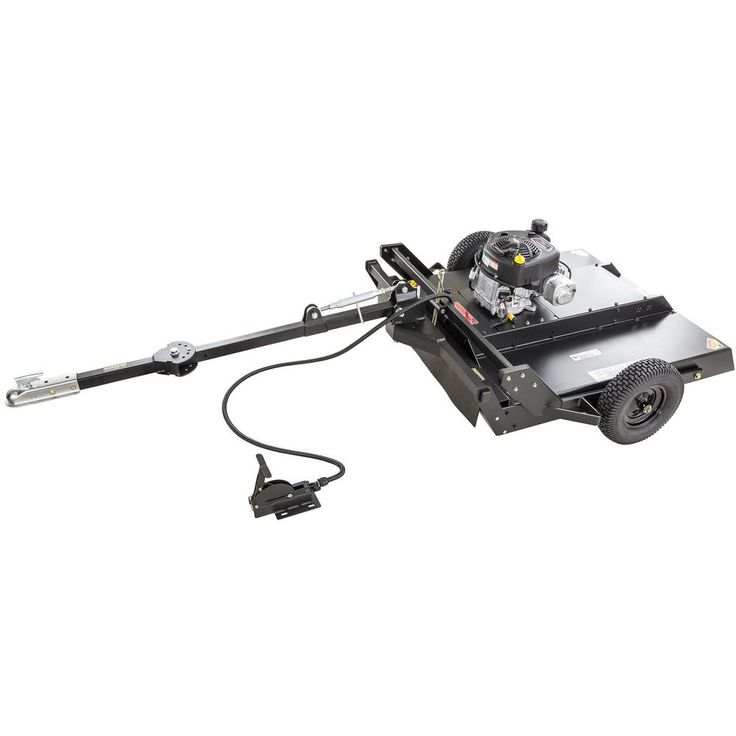 Su trading platform, worth 127,000 ₽ with a minimum order of 1,100 g Now the status of the product is "In stock".
Su trading platform, worth 127,000 ₽ with a minimum order of 1,100 g Now the status of the product is "In stock".
Order now!
Make a call to the company "Promtekhnika" by looking at the contact details listed at the top of the page on the right in order to place an order for "Trailed mower with autonomous drive." Do not forget to indicate that you saw the company while on the BizOrg trading floor.
Please contact our support service if you have any difficulties during cooperation with the Promtechnika organization, and be sure to write the company identifiers (699419) and product/service identifiers (12575872).
Please note that the BizOrg.su trading platform is for informational purposes only and under no circumstances is it a public offer.
The price of the item “Trailed mower with autonomous drive” (127,000 ₽) declared by Promtekhnika may not be the final selling price. For detailed information on the availability and cost of these goods and services, please contact Promtekhnika representatives at the specified phone number or email address.
Opening hours:
Phones:
7 (495) 4853113
Buy a trailed mower with an autonomous drive in Moscow:
Teterinsky per, 16
Power mowel The mower shaft is equipped with flails (L-shaped or Y-shaped knives). With the help of powerful flails rotating at high speed, grass vegetation, areas overgrown with weeds, branches up to 20 mm are mowing. The mowed plant mass is crushed to the size of a mulch.
The mower shaft is equipped with flails (L-shaped or Y-shaped knives). With the help of powerful flails rotating at high speed, grass vegetation, areas overgrown with weeds, branches up to 20 mm are mowing. The mowed plant mass is crushed to the size of a mulch.
The mower is manually or electrically started, and the cutting height can be easily adjusted.
By clicking on the link, you can get acquainted with the components of the mower and make the correct order for the necessary spare parts (Detailing).
AT-120 engine start: VID-20200428-WA0008
Stand-alone design - independent of the driving vehicle, makes the use of the mower universal. The mower hitch is suitable for ATV, minitractor, car.
The most common use is as an ATV mower.
Applications: parks, road slopes, lawns and other green areas.
| Model | AT120 |
| Cutting width | 1200 mm |
| Weight | 255kg |
| Transport dimensions | 1450 x 750 x 900 mm |
| Y-blades | 56 |
| Wheels | 16. |
| Engine power | 15 l. With. |
| Fuel Volume | 6.5L |
| Oil Volume | 1.1L |
| Fuel | Unleaded Gasoline |
What do you need to know about the running-in about the run and operation of four-stroke gasoline engines with air cooling installed on garden, construction and road motorcycle equipment.
Gasoline four-stroke air-cooled engines are widely used in gardening equipment - motor blocks, motor cultivators, lawn mowers, snow blowers, motor pumps, mini-tractors, in construction and road-building equipment - gas generators, vibrating plates, vibrorammers.
READ OPERATOR'S MANUAL before operating the engine. Many buyers, unfortunately, do not.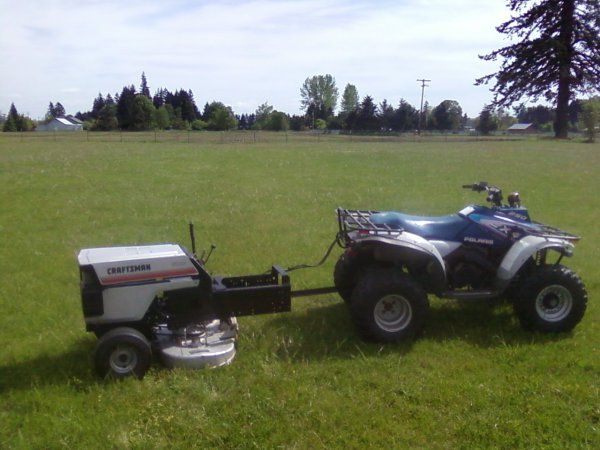 Therefore, the most elementary questions arise on the use of the motor.
Therefore, the most elementary questions arise on the use of the motor.
TIP: READ ENGINE MANUAL!!!
First, what kind of gasoline should be used.
We recommend using clean, fresh, unleaded gasoline with AI92 octane rating. Air-cooled engines are not designed to operate with AI95 and AI98 fuel. The 95th and 98th gasoline contains additives that have a detrimental effect on the piston system of the engine, leading it to overheat and break down.
Do not mix oil with gasoline. This may result in engine failure that is not covered by the warranty.
USE FRESH AI-92 GASOLINE WITH A SHELF LIFE NO MORE THAN 30 DAYS!!!
Secondly: what kind of oil to fill in the engine crankcase.
Many consider well-known brands of automotive oil to be the best for use in engines for walk-behind tractors (motor cultivators, snowmobiles, electric generators, motor pumps, etc.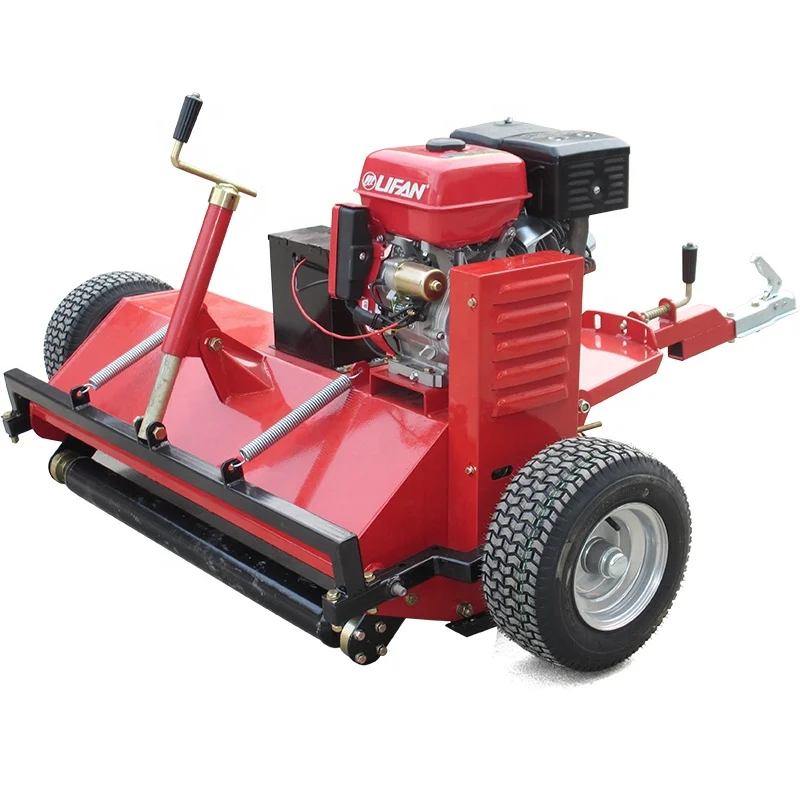 ). This is absolutely not true. Automotive oils are designed to run in water-cooled engines, not air-cooled ones. The boiling point of automotive oils is lower than that of oils containing special additives for air-cooled engines.
). This is absolutely not true. Automotive oils are designed to run in water-cooled engines, not air-cooled ones. The boiling point of automotive oils is lower than that of oils containing special additives for air-cooled engines.
Use SF, SG, SH, SJ, CD or higher oil. Do not use oil additives. Select oil viscosity based on ambient temperature.
SAE 30 (5°C and above) recommended for temperatures above 5°C. When used below 5°C may cause difficult starting.
10W-30 (-18 to 38°C) recommended for variable temperatures. This oil provides a cold start to the engine, but may result in increased oil consumption at temperatures above 27°C.
*Check the oil level more frequently at elevated air temperatures.
Synthetic 5W-30 (-30 to 40°C). Synthetic oil ensures engine operation over the entire temperature range, as well as easy starting and reduced oil consumption.
5W-30 (5°C and below) recommended for winter conditions.
USE ONLY THE OILS SPECIFIED IN THE ENGINE INSTRUCTIONS!!!
Always keep an eye on the oil level. The level should be up to the last filler thread with the engine horizontal (as shown). Filler and drain holes are located on the front and rear of the engine.
The level should be up to the last filler thread with the engine horizontal (as shown). Filler and drain holes are located on the front and rear of the engine.
Engine oil level
|
| Pay attention to the dipstick on lawn mowers. There are marks on the vertical shaft motor dipstick. Different engines have different crankcase volumes. If you have a 4, 5.5, 6.5 or 7 hp engine. - then you need to fill in 600 ml. oils. In engines 7.5 hp poured 900 ml. In motors with a power of 8, 9, 11, 13 and 15 hp. respectively 1.1 l. |
Third: start the engine.
When the engine is started for the first time or when it is cold, there is an increased load on the piston system. High RPMs can damage the engine. Therefore, it is necessary to start the engine at 1/3 of the gas position.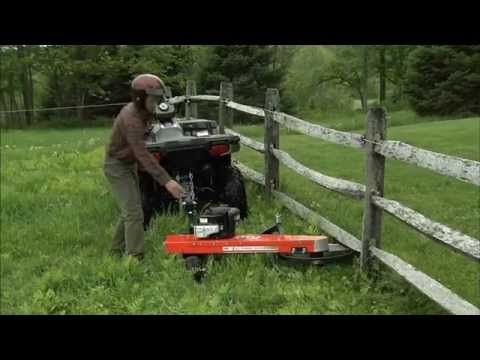 And you need to run in at medium speeds.
And you need to run in at medium speeds.
Fourth: how does the engine break-in.
Air-cooled engines don't like idling. Start the engine, warm up for 1-2 minutes. and run in work . During break-in, try to stick to 50-75% of the load and take mandatory breaks in work after 20-25 minutes. After a break, when the engine has cooled down (15-20 minutes), you can continue working again. In this mode, the engine should run for the first 4-5 hours, after which it is necessary to change the oil. The run has been completed.
The main causes of engine breakdowns
REMEMBER!!! Engine failures occur mainly from improper operation.
The first cause of failure: fuel cock not closed.
When the engine is not running and the fuel valve is open, the carburetor will overflow and the spark plug will "fill".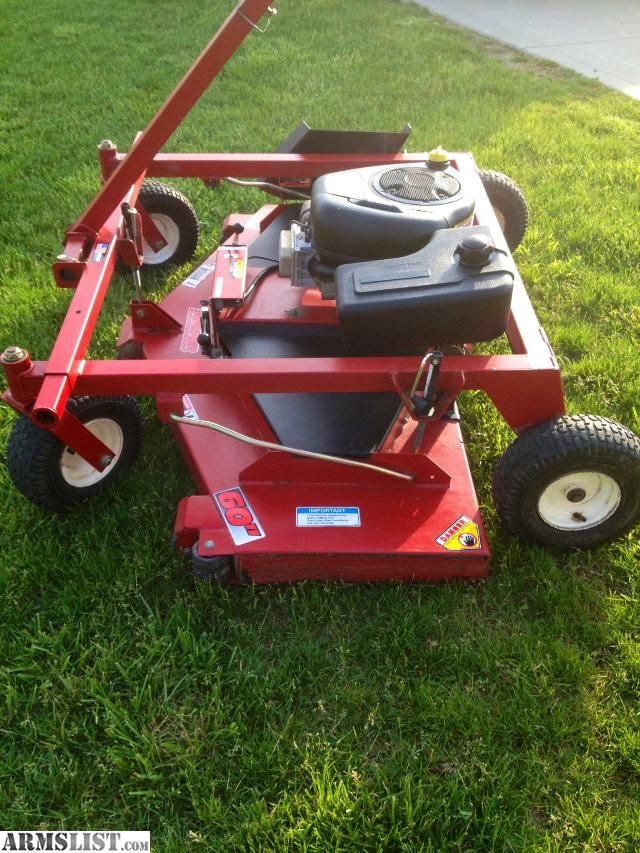 Also, gasoline enters the crankcase of the engine. And this will lead to excess pressure during engine operation and extrusion of seals. Then this mixture of gasoline and oil will enter the combustion chamber and through the exhaust valve into the muffler. Gradually, the muffler will become clogged with oil residue and the engine will lose traction.
Also, gasoline enters the crankcase of the engine. And this will lead to excess pressure during engine operation and extrusion of seals. Then this mixture of gasoline and oil will enter the combustion chamber and through the exhaust valve into the muffler. Gradually, the muffler will become clogged with oil residue and the engine will lose traction.
ALWAYS CLOSE THE FUEL TANK AFTER WORK!!!
The second reason for the breakdown: the engine was turned over during transportation or storage.
Since the engine is 4-stroke - gasoline is poured into the tank, oil into the crankcase - and they should not be mixed. After the coup, these components are usually mixed in a carburetor. After that, the engine will need to be disassembled and cleaned.
DO NOT TURN A FULL ENGINE!!!
And the third reason for the breakdown: incorrect starting of the engine with a manual starter.